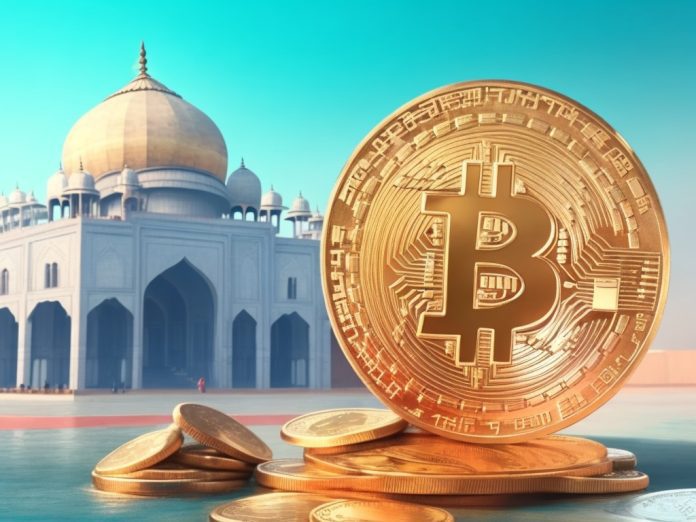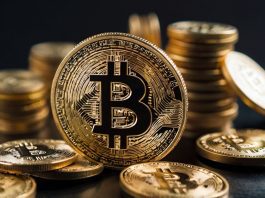Introduction:
In a surprising move, the Indian government has decided to ban several cryptocurrency exchange URLs, causing a stir within the digital asset community. This decision has raised concerns and questions about the future of cryptocurrencies in India.
Subheading 1: The Ban and its Implications
The ban on cryptocurrency exchange URLs in India has left many investors and enthusiasts in a state of uncertainty. With this move, the government aims to regulate the crypto market and address concerns surrounding illicit activities and money laundering. However, critics argue that this ban could stifle innovation and hinder the growth of the digital asset sector in the country.
Subheading 2: Impact on Investors and Traders
The ban on exchange URLs directly affects investors and traders who rely on these platforms for buying, selling, and trading cryptocurrencies. With the inaccessible URLs, individuals are left with limited options, which could lead to a decrease in trading volume and liquidity. This, in turn, may negatively impact the overall market sentiment.
Subheading 3: The Future of Cryptocurrencies in India
The ban on exchange URLs raises questions about the future of cryptocurrencies in India. While the government’s intention to regulate the market is understandable, it is crucial to strike a balance that fosters innovation while addressing concerns. Many believe that instead of imposing bans, the government should work towards creating a robust regulatory framework that protects investors and encourages responsible trading.
Subheading 4: Potential Alternatives and Workarounds
Despite the ban, there are potential workarounds for Indian investors and traders. Some may resort to using virtual private networks (VPNs) to access international exchanges, while others might turn to decentralized exchanges (DEXs). However, these alternatives come with their own set of challenges and risks, and it remains to be seen how they will be addressed by the authorities.
Conclusion:
The ban on cryptocurrency exchange URLs in India has undoubtedly caused a significant disruption in the digital asset ecosystem. While the government’s concerns regarding illicit activities and money laundering are valid, it is essential to find a balanced approach that fosters innovation and protects investors. As the situation unfolds, it is crucial for stakeholders to engage in constructive dialogue to shape the future of cryptocurrencies in India.




